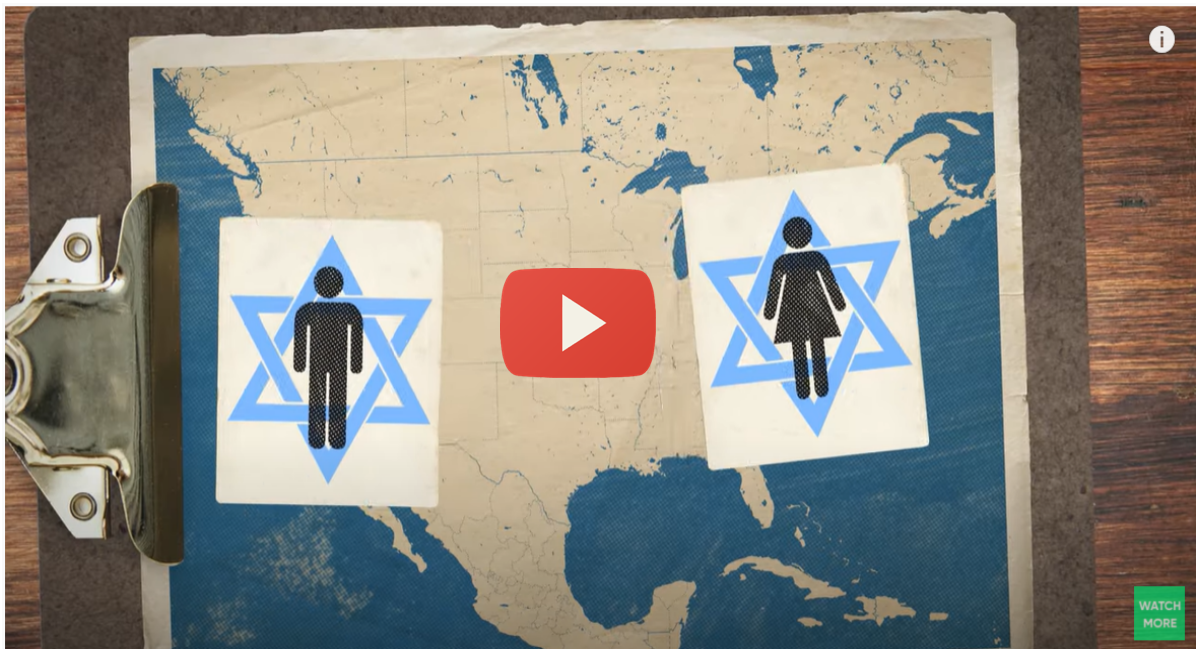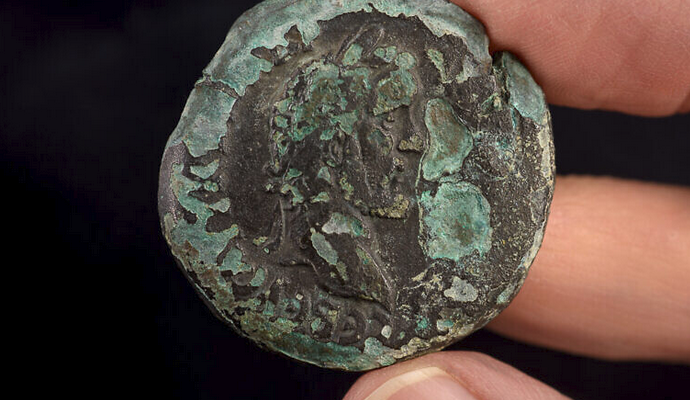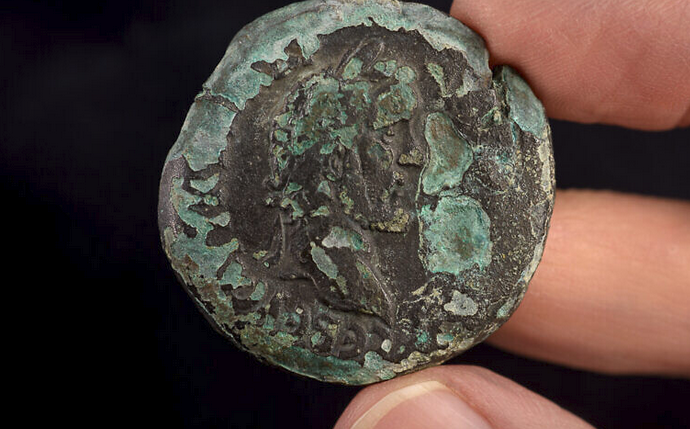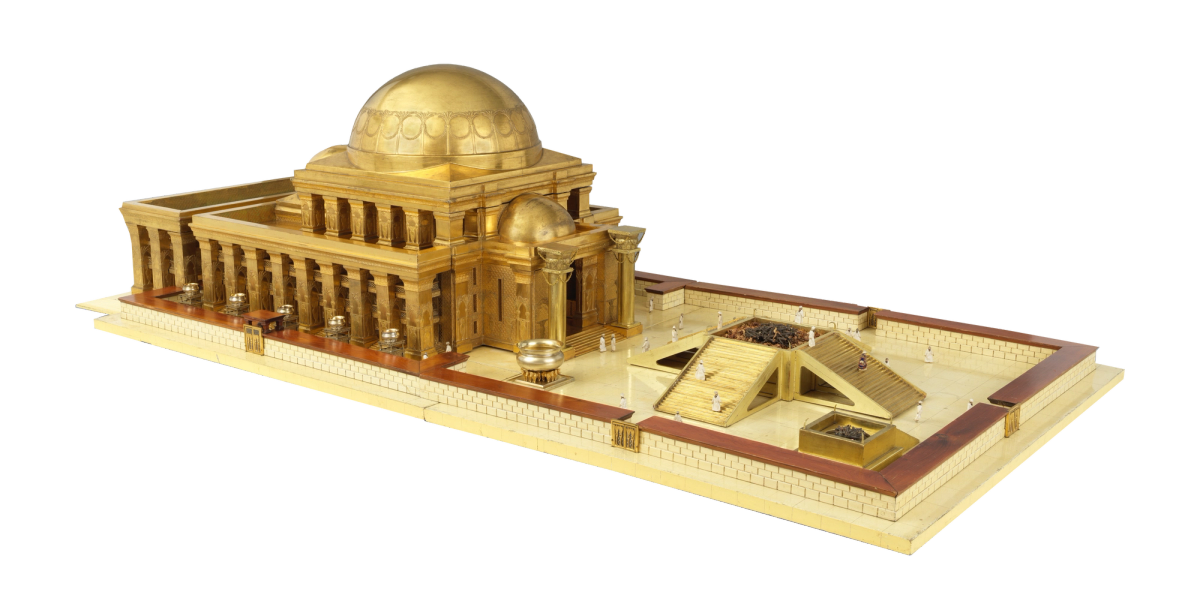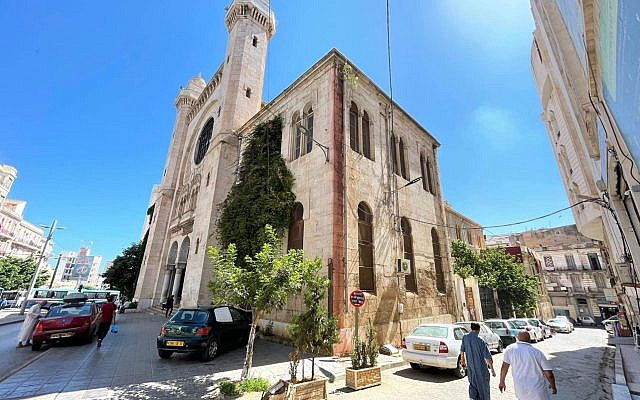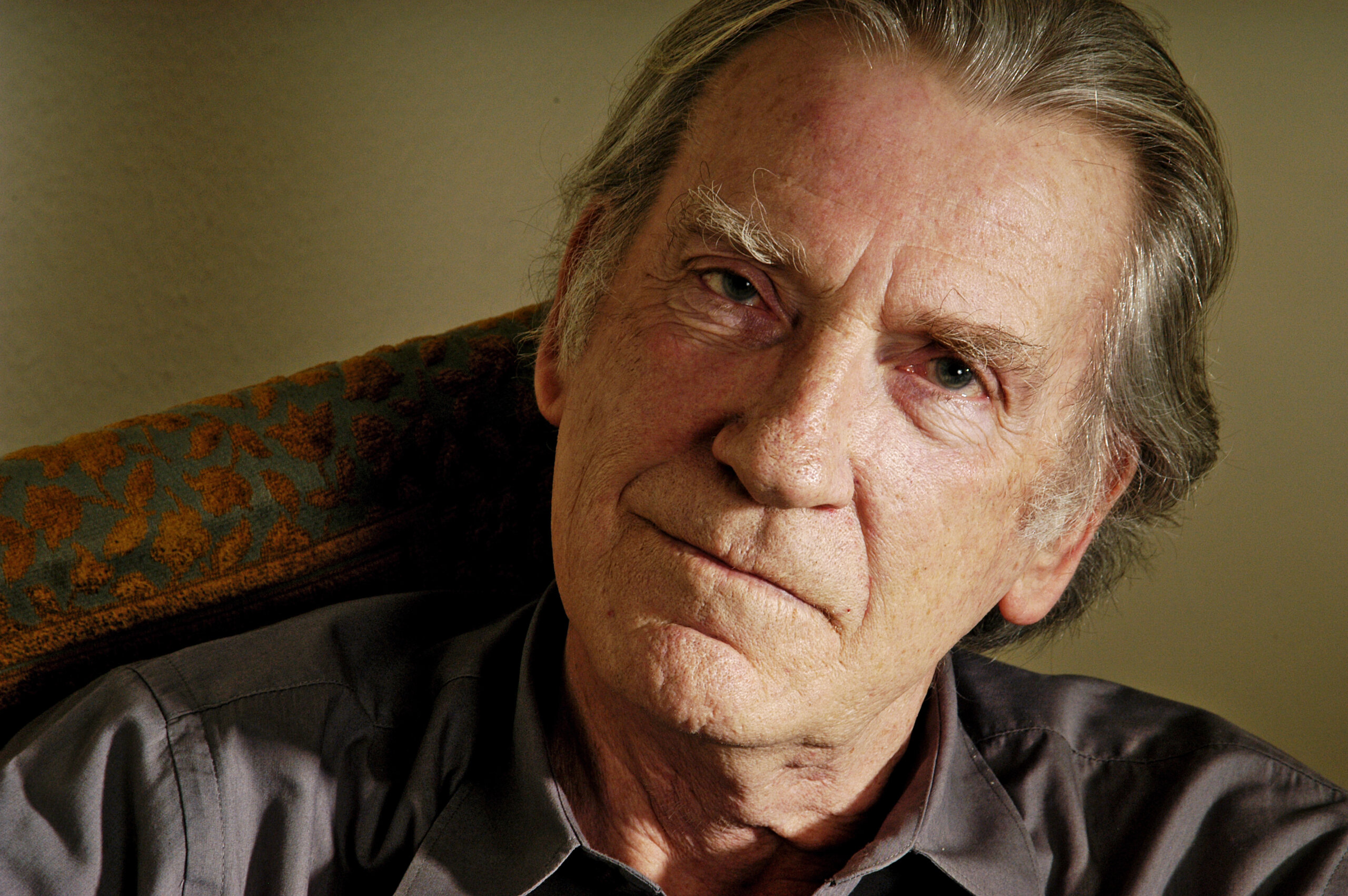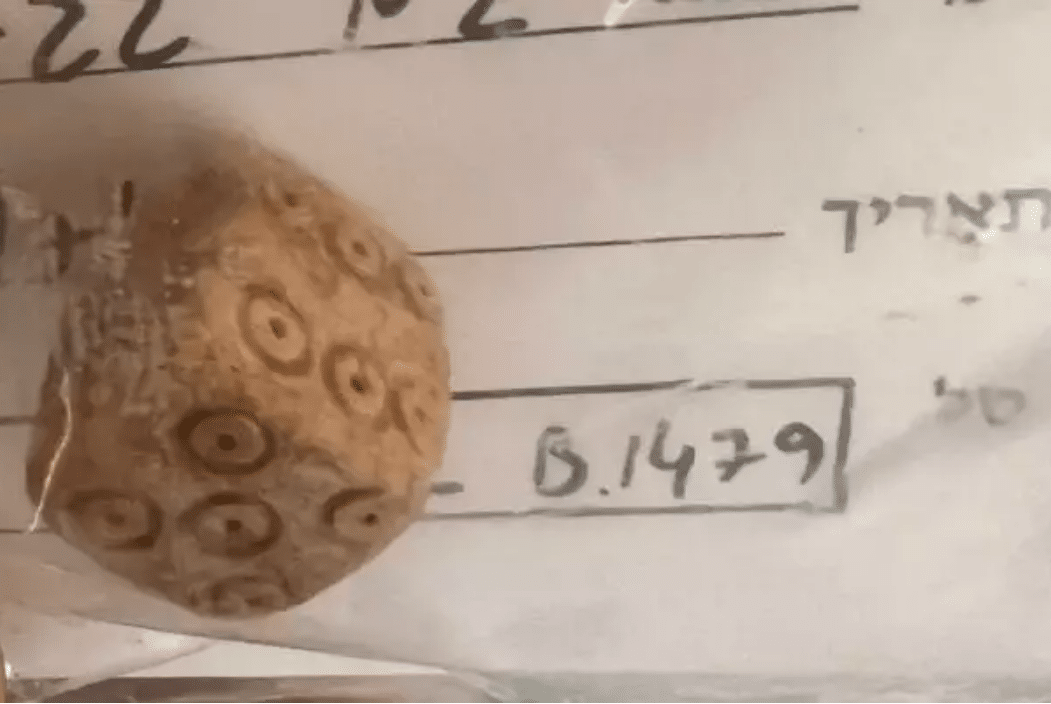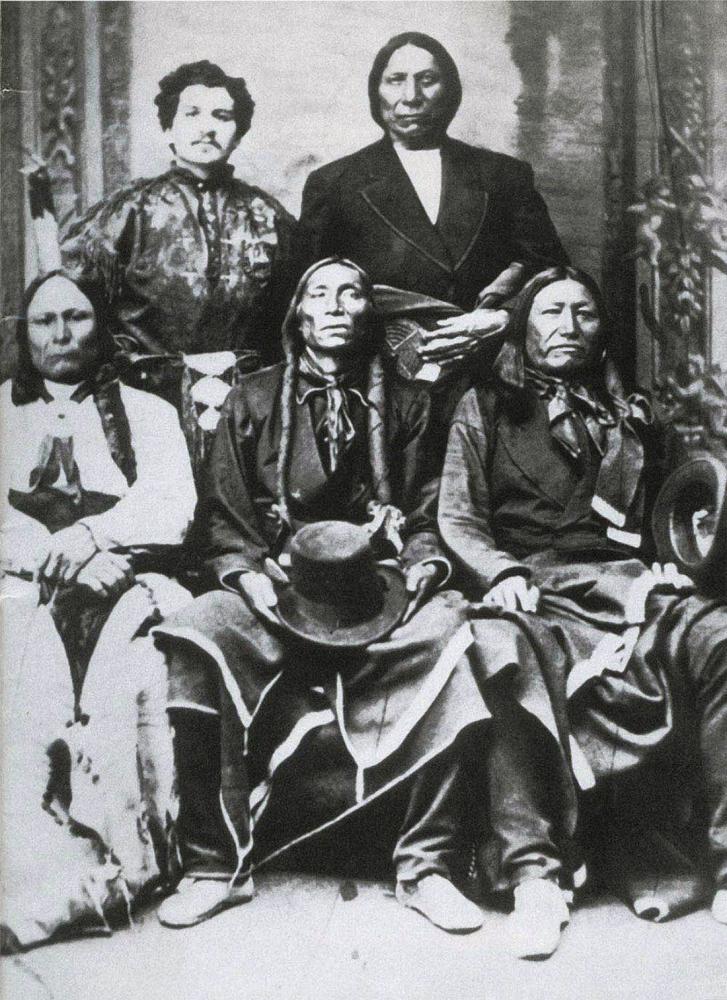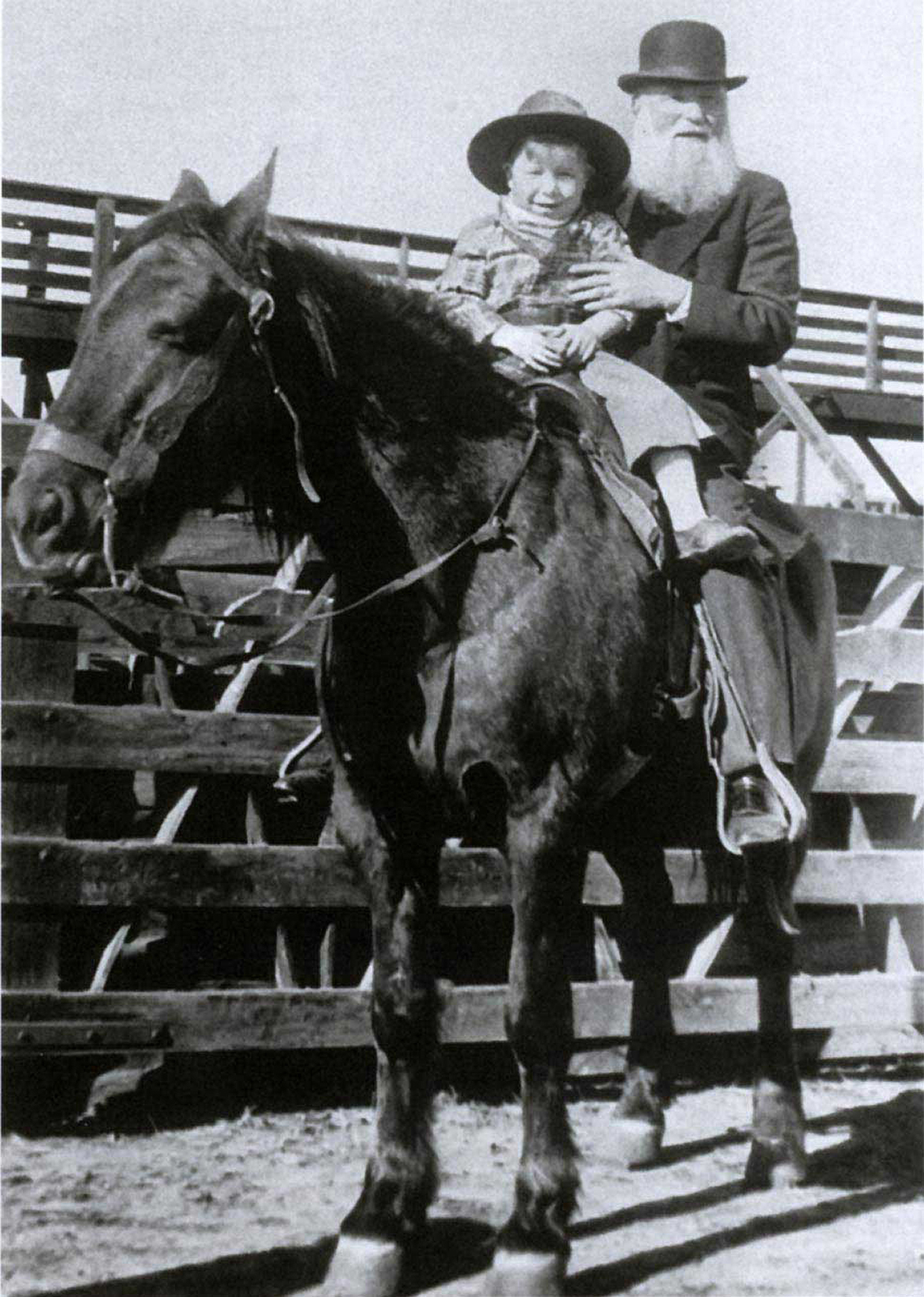Sixties Fan
Diamond Member
- Mar 6, 2017
- 55,169
- 10,560
- 2,140
- Thread starter
- #61
By far the greatest threat to those who remain is from Russian attacks, which are unrelenting as the Russian army steps up its offensive. But already, local Jewish leaders in cities across Ukraine have begun to assess the toll on their communities’ strength — and are arriving at disquieting conclusions.
“It feels like we’ve gone back in time to 30 years ago because the pillars of the community have pretty much all gone out of Ukraine,” Rabbi Shaul Horowitz, the Chabad-Lubavitch movement’s emissary to Vinnytsia, told the Jewish Telegraphic Agency. “The wheel rolled back. We need to rebuild it all. Back to square one.”
Horowitz was referring to what happened in 1991, when the Soviet Union fell and Ukraine became independent. Jews from across the former Soviet Union who had been prevented from leaving fled out of the region — 1.6 million in total over more than a decade, mostly to Israel. Since Jewish education had been prohibited, few who remained had fluency in Jewish prayers or practice. But over the last three decades, a range of efforts, many fueled by Chabad, have introduced Ukrainian Jews to Judaism and built thriving communities in cities across the country.
Now, the conflict seems to have undone some of the revival enjoyed by Ukrainian Jewry, a minority whose prewar size was estimated to be at least 47,000.
In Vinnytsia, Horowitz estimated, half of local Jews are gone. His congregation gathers at a small synagogue that is accessible through a back alley that requires members to walk past a ramshackle car repair shop and apartment courtyards where chickens roam.
(full article online)
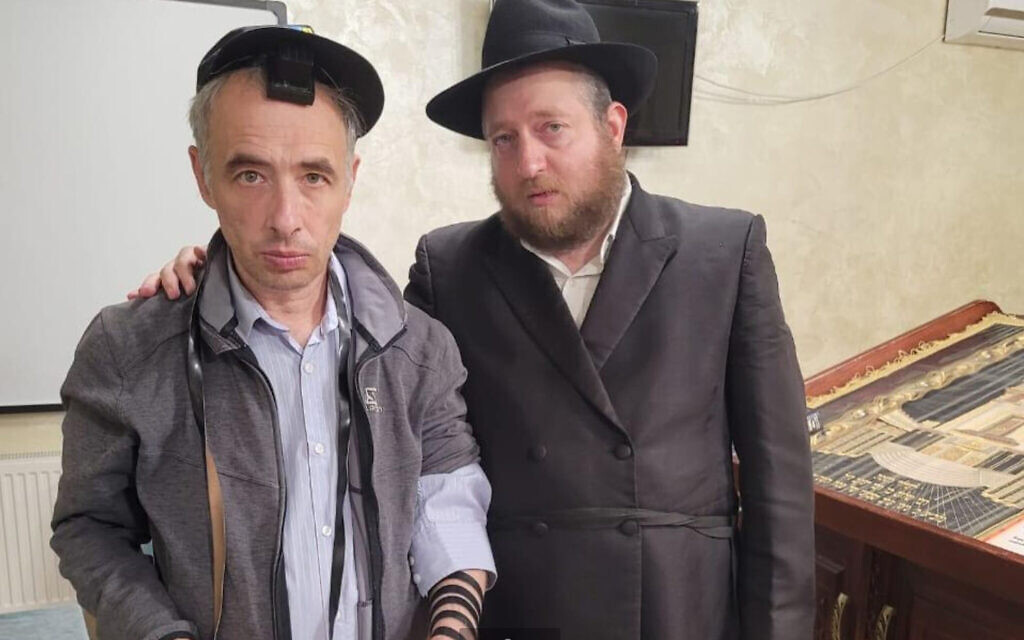
 www.timesofisrael.com
www.timesofisrael.com
“It feels like we’ve gone back in time to 30 years ago because the pillars of the community have pretty much all gone out of Ukraine,” Rabbi Shaul Horowitz, the Chabad-Lubavitch movement’s emissary to Vinnytsia, told the Jewish Telegraphic Agency. “The wheel rolled back. We need to rebuild it all. Back to square one.”
Horowitz was referring to what happened in 1991, when the Soviet Union fell and Ukraine became independent. Jews from across the former Soviet Union who had been prevented from leaving fled out of the region — 1.6 million in total over more than a decade, mostly to Israel. Since Jewish education had been prohibited, few who remained had fluency in Jewish prayers or practice. But over the last three decades, a range of efforts, many fueled by Chabad, have introduced Ukrainian Jews to Judaism and built thriving communities in cities across the country.
Now, the conflict seems to have undone some of the revival enjoyed by Ukrainian Jewry, a minority whose prewar size was estimated to be at least 47,000.
In Vinnytsia, Horowitz estimated, half of local Jews are gone. His congregation gathers at a small synagogue that is accessible through a back alley that requires members to walk past a ramshackle car repair shop and apartment courtyards where chickens roam.
(full article online)

How Russia’s war is undoing 30 years of Jewish community building in Ukraine
While the post-Soviet era has seen a gradual reawakening of communal life for the tens of thousands of Ukrainian Jews, the once-bustling synagogues and centers are now eerily quiet

